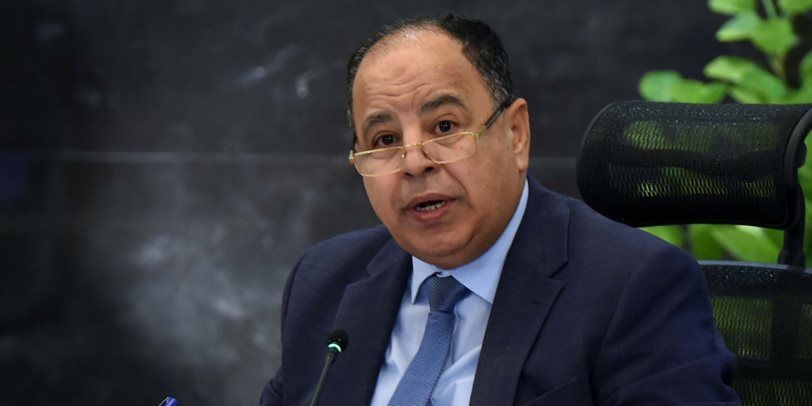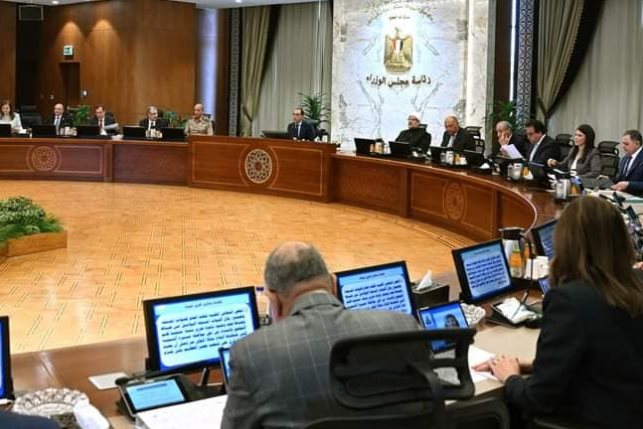Egypt aims for 3.5% primary surplus in GDP for FY2024/2025 | FinMin
The minister reassured that there would be no additional tax burdens imposed on investors in FY2024/2025

Egypt sets a goal of achieving a 3.5% primary surplus in its GDP during the fiscal year (FY) 2024/2025, according to a statement by Minister of Finance, Mohamed Maait.
Maait disclosed that Egypt's general revenues amounted to around EGP 2.5 trillion, stemming from non-tax sources, while general expenditures amounted to approximately EGP 3.8 trillion, with a growth rate of 23%.
These came in an open dialogue on the upcoming budget for FY2024/2025, which is set to commence on July 1st, with representatives of the Federation of Egyptian Industries, the Egyptian Business Association, the Egyptian African Businessmen’s Association, and the Federation of Egyptian Chambers of Commerce.
He pointed out that the primary surplus and 50% of the proceeds from the IPO program will be directed to reducing debt directly, aiming to put the debt-to-GDP ratio on a downward path and start reducing it to less than 80% during the next 3 years.
The minister reassured that there would be no additional tax burdens imposed on investors in FY2024/2025.
Furthermore, the new budget aims to increase investments in the healthcare and education sectors while rationalizing expenditures in other areas, as stated by Maait.
He also highlighted that social protection programs benefiting citizens will be expanded without causing inflationary pressures.
Additionally, Maait emphasized that public investments for all state entities, without any exceptions, will not exceed EGP 1 trillion in FY2024/2025. This decision aims to create more opportunities for the private sector to contribute to the country's economic development.
In the same fiscal year, the government plans to set a limit for the budget debt of authorities and economic entities. This limit cannot be exceeded unless approved by the president, the cabinet, and the House of Representatives.





